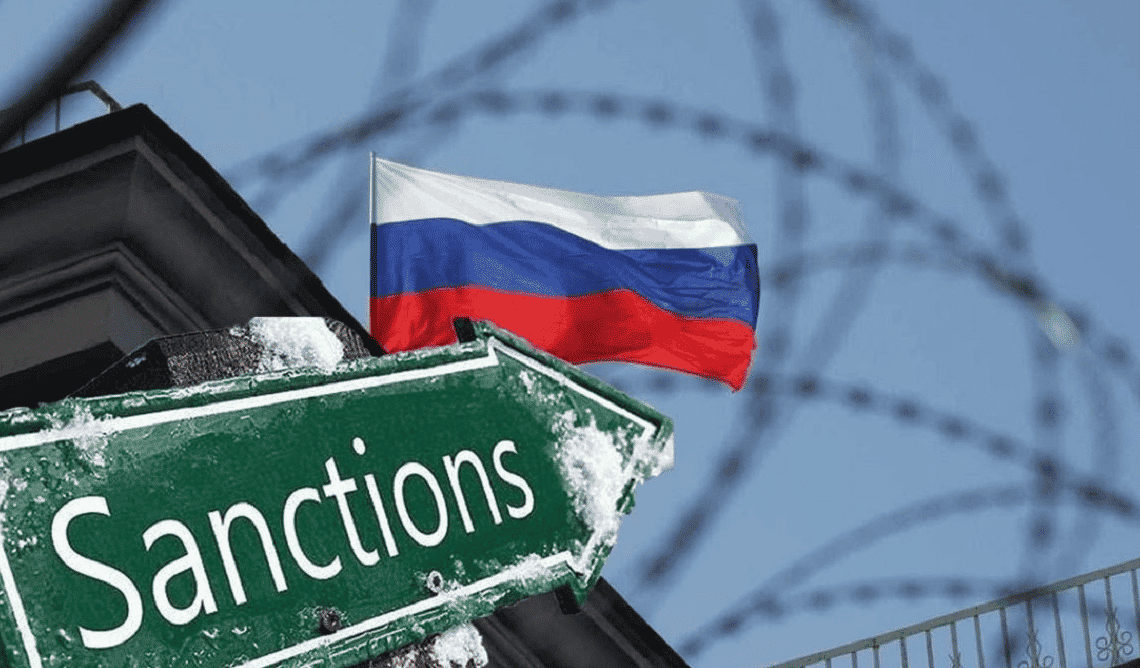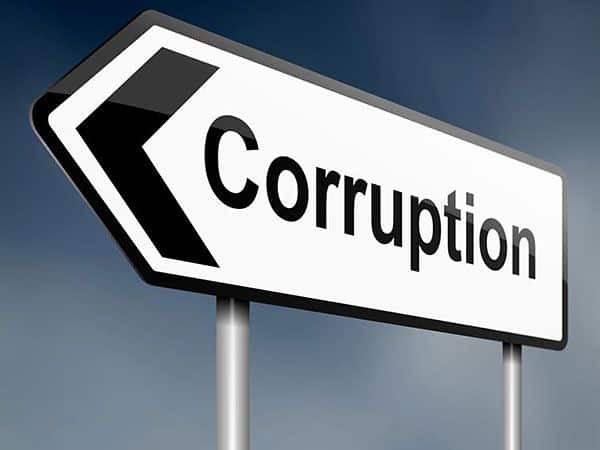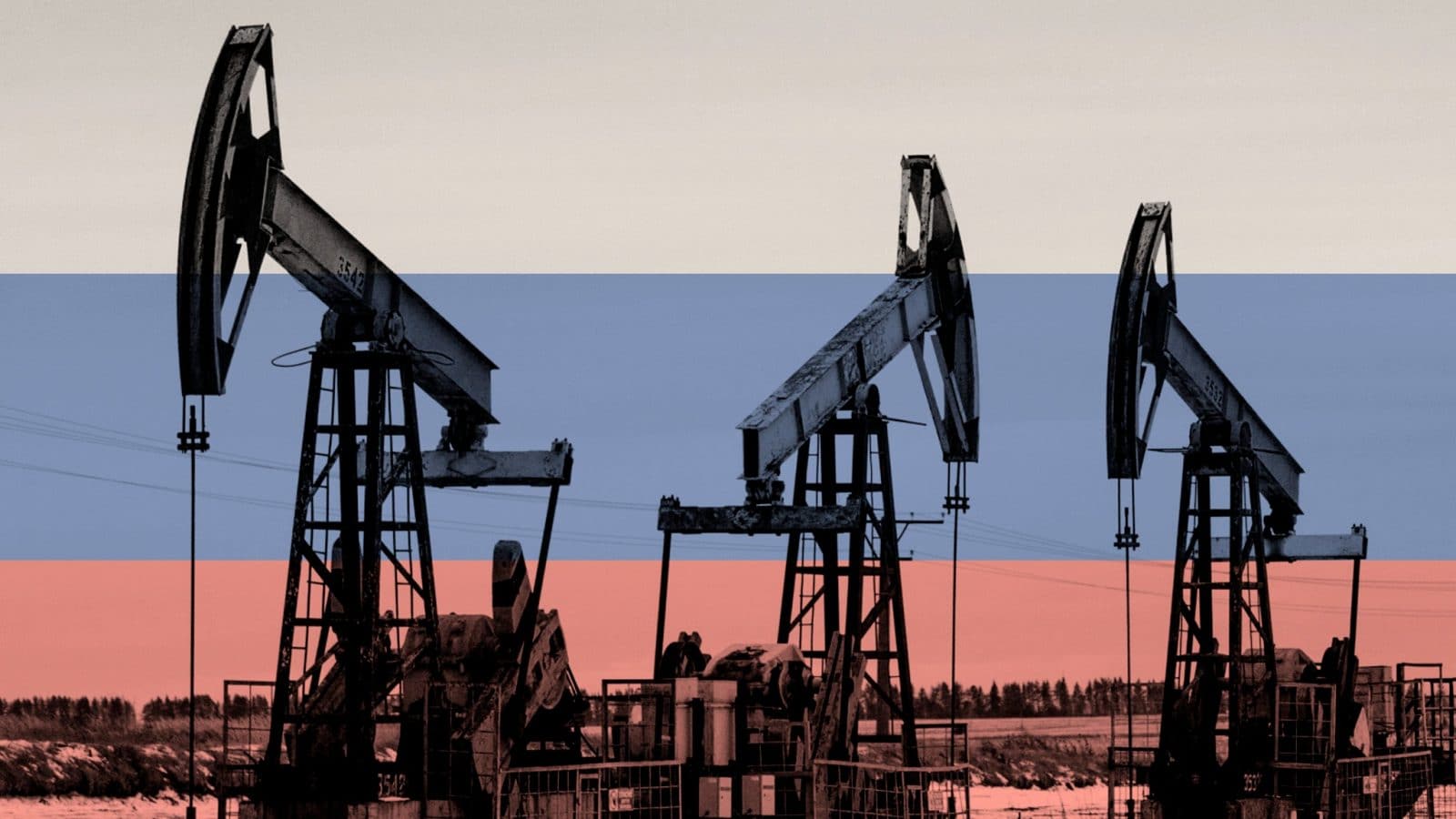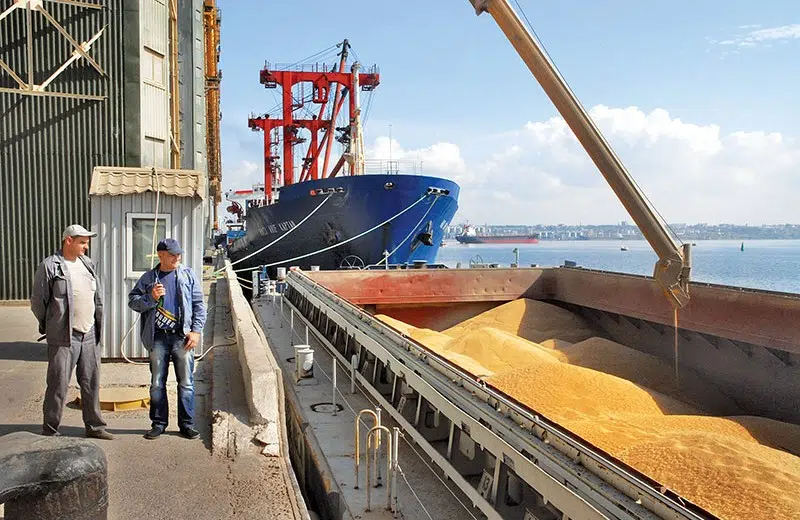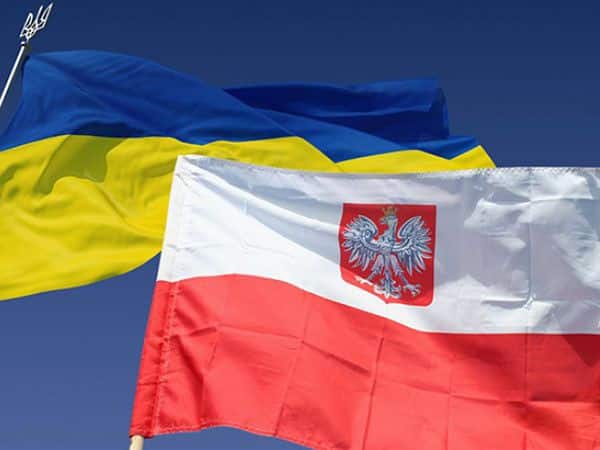Table of Contents
The challenge of obtaining compensation
A false belief has formed in broad sections of Ukrainian society, including thanks to the so-called “positive bloggers,” that after the active phase of hostilities ends in Ukraine, a guaranteed monetary windfall awaits. And primarily, this will supposedly happen through reparations that the aggressor (Russia) is supposed to pay.
First of all, it should be noted that there will definitely be no reparations. Reparations are paid by the state that declared capitulation. In our case, this is an unrealistic expectation. The victory of Ukraine in the war can be considered the liberation of all occupied territories, including Donbas and Crimea. However, although this will be a clear defeat for Russia in the war, it does not mean its capitulation. Therefore, the only thing Ukraine can count on is compensation for armed aggression, for destroyed assets, and hopefully, if it can be achieved, compensation for the loss of human capital, that is, compensation for the killings, kidnappings, injuries, and mutilations of Ukrainian citizens.
But in order to receive compensation, the consent of the regime that will be in power during the post-Putin period is needed. It is probably unnecessary to explain that counting on this under Putin’s rule in the Kremlin is not advisable.
Conceptual and self-interest contradictions among Ukraine’s allies
Forcing the post-Putin regime to pay compensation can only be achieved through constant escalation of sanctions pressure on Russia by Ukraine’s allies.
Regarding this matter, significant contradictions of both conceptual and openly self-interested nature may arise among Ukraine’s allies.
Conceptual contradictions are already actively being promoted by European and American left-wing intellectuals who are fascinated by Dostoevsky, Tolstoy, Chekhov, Turgenev, or Russia as a state that opposes US hegemony. They put forward the idea that although the aggression against Ukraine is wrong, the blame lies not only with the immediate aggressor but also with the US, who supposedly sought to secure its hegemony on Russia’s borders. And Russia simply could not agree to that. Therefore, it was “forced” to initiate aggression against Ukraine to prevent this.
See also: Who will rebuild Ukraine? What does the arrival of the world’s largest investor mean?
Furthermore, in their opinion, not only the Ukrainian people but also ordinary Russians have suffered as a result of the aggression. They believe that the blame for the war should be solely placed on Russian oligarchs and a narrow circle of authorities. Therefore, the revenues of the Russian state budget, including rent payments from natural resource extraction and export duties from their exports, should be directed towards improving the lives of average Russians. After all, Russia is a large country, and its citizens should not be held accountable for this aggression. Collective responsibility should not exist.
As for Ukraine and the Ukrainians, Western countries should somehow help them with whatever means they can.
In Ukraine, such arguments of these intellectuals can evoke genuine outrage, but it should not be assumed that they are isolated and will not influence the position of the broader sections of the population in Western countries and, consequently, their policies.
As for the self-interest of certain countries, Russian imperial diplomacy has a centuries-long history, including the bribery of politicians in Western countries. And it doesn’t necessarily involve straightforward bribery, although it cannot be excluded. It could be bribery in the form of promises of significant contracts that businesses in those countries will receive if they adopt a “balanced” policy regarding the amount of compensation to Ukraine and the timelines for its payment.
Difficulties in determining compensation size and Russia’s ability to pay
It is also worth considering that due to objective circumstances, Russia will not be able to pay the compensation amounts that Ukraine rightly expects all at once. In the best-case scenario, this payment will be stretched over 15-20 years. And during this time, as they say, either the padishah will die or the donkey will croak. Therefore, it is quite possible that in a few years, the payment of compensatory payments to Ukraine may stop, and it will be very difficult to ensure unity among Western states in maintaining or reinstating a sanctions regime against Russia.
There is also the complex question of determining the size of compensatory payments. The justification for their amount will largely depend on the professional level of our diplomats and lawyers. If we fail to argue for and defend our vision of their size, our desire to obtain the highest possible amount of compensation may not find support from our allies. It is their position that will determine the preservation and strengthening of the sanctions regime.
There is another aspect of the issue of compensatory payments: what can we expect in terms of Russia’s ability to pay them?
Obviously, the focus will primarily be on the “frozen” state assets of Russia and the assets of Russian oligarchs held in Western countries. Confiscating someone’s property without a court conviction is not possible. The Western legal system does not engage in such practices and is unlikely to be willing to do so, as it would undermine trust in property guarantees in Western countries.
Therefore, transferring these “frozen” assets to Ukraine will only be possible with the consent of their owners.
As for compelling Russia to make compensatory payments to Ukraine, it has been explained earlier.
Regarding Russian oligarchs, their consent can only be achieved through a combination of “carrot and stick” approach. They would need to voluntarily agree that a significant portion of their assets will be transferred to funds for the restoration of Ukraine, and only under this condition can they expect that the remaining portion will be accessible to them. However, this algorithm also needs to be developed and agreed upon with Ukraine’s allies. This task is indeed quite challenging.
As for the size of the “frozen” state assets of Russia, another zone of uncertainty emerges. The information that has been circulating since the spring of 2022 about the freezing of $350 billion in gold and foreign exchange reserves of the Central Bank of Russia (CBR) is currently not confirmed. Western countries relied primarily on data provided by the CBR itself regarding foreign exchange reserves held in currencies of Western countries (dollars, euros, British pounds, Swiss francs). However, there are already reports in Western media that the actual size of the frozen foreign exchange reserves held by the CBR is significantly smaller.
Regarding this, two complementary assumptions can be made. First, the actual size of the foreign exchange reserves in the Central Bank of Russia (CBR) may not have been as large as claimed because it was simply embezzled by Russian officials, but this information was concealed and manipulated in reporting. Second, a significant portion of the foreign exchange reserves held in Western currencies may have been placed by the CBR through Asian trust funds. Therefore, the CBR accurately reflected them in its reporting, but in essence, they did not fall under the sanctions “freezing.”
For us, the key point here is that Western countries do not have the ability to keep them “frozen.” It is evident that the post-Putin regime would also not want to acknowledge their existence. They will attribute everything to the “predecessors” who allegedly stole everything.
Thus, even in the best-case scenario of some compensatory sums being recognized and agreed upon by Russia, the question of spreading out their payment over at least one and a half to two decades will arise. There are very high risks that they may eventually refuse to pay them.
It should also be taken into account that apart from the funds needed for the restoration of destroyed assets, Ukraine will need to receive significant amounts of money for at least 5-7 years to cover a large budget deficit. The need for these funds will have a priority status because, without them, even minimal social standards cannot be sustained. Additionally, the need for substantial financing of the armed forces will not disappear after the active phase of hostilities ends. Unfriendly Russian populations will reside along Ukraine’s northeastern borders, with highly questionable moral imperatives. This is a situation that cannot be quickly improved. It requires the change of several generations, approximately 50-70 or even 100 years if it happens at all.
It should be noted that up to 100 million people reside in Russia’s territory up to the Ural Mountains, and they will accuse anyone of aggression except themselves.
There is another problematic issue — Ukraine’s external national debt. It will definitely not be forgiven or written off during the war because Ukraine is currently only able to increase it. After the war ends, primarily private creditors, and possibly Western creditor states and international financial institutions, will rightly consider that the repayment of these debts should be covered by the compensations Ukraine is supposed to receive from Russia. This means that a portion of the compensatory sums will have to be spent not on the needs of the state and the population, but on repaying debts that we accumulated earlier and will continue to accumulate.
The need for investments in post-war development
We understand that the description of the challenges Ukraine will face in obtaining funds for its reconstruction may evoke despair among a significant portion of our citizens. However, it is better for government officials and citizens to stop indulging in dreams of post-war prosperity and realize that we will have to rely primarily on ourselves. The most crucial resources for the post-war development of Ukraine will be investments. This raises questions about the awareness of the political class and government officials regarding the main challenges that Ukraine will face after the active phase of hostilities, as well as the ways to address them, including the conditions that will enable attracting significant investments and facilitate the influx of capital and human resources into Ukraine.
Originally posted on Censor.net. Translated and edited by the UaPosition – Ukrainian news and analytics website
See also: “Ukraine’s losses will amount to trillions of dollars” — economist on the consequences of the war

